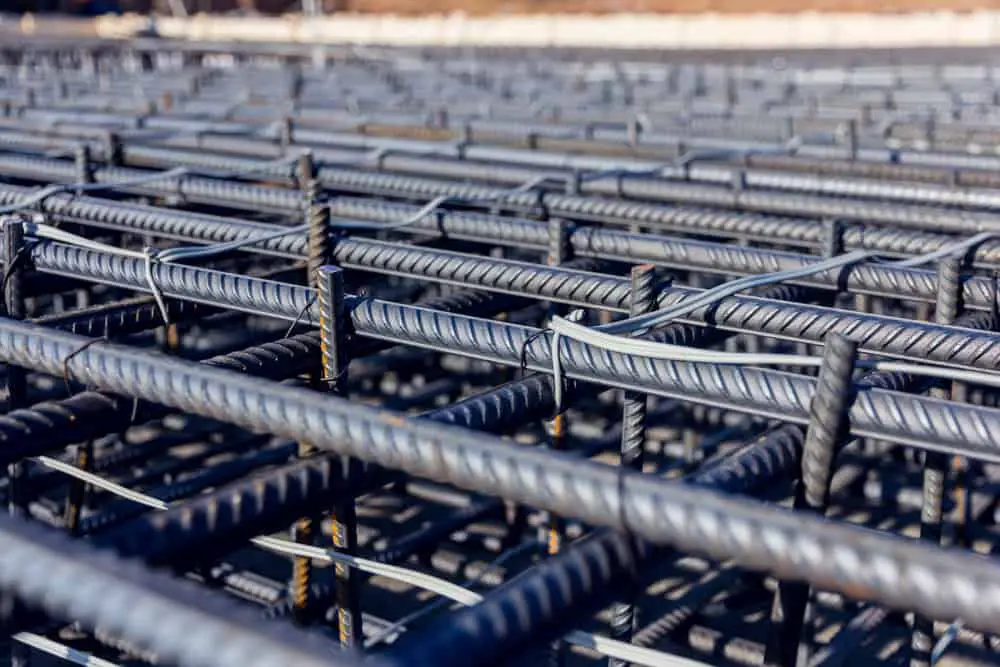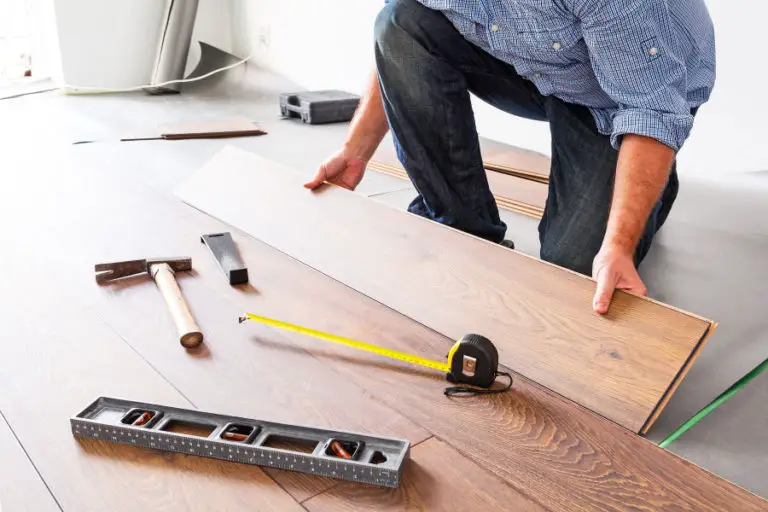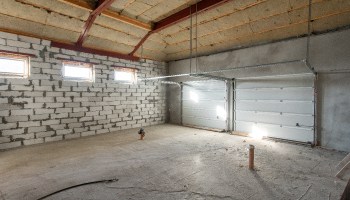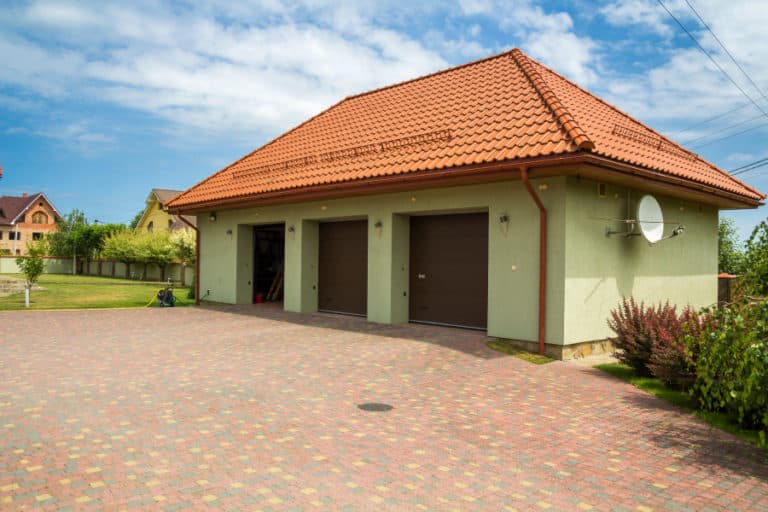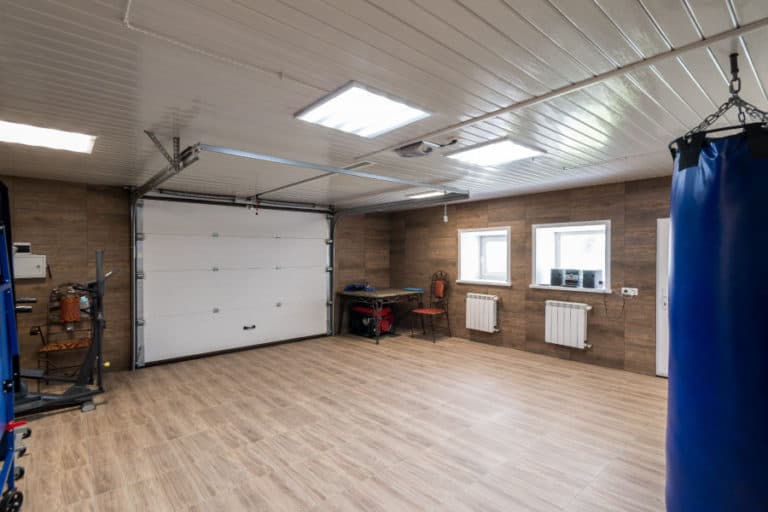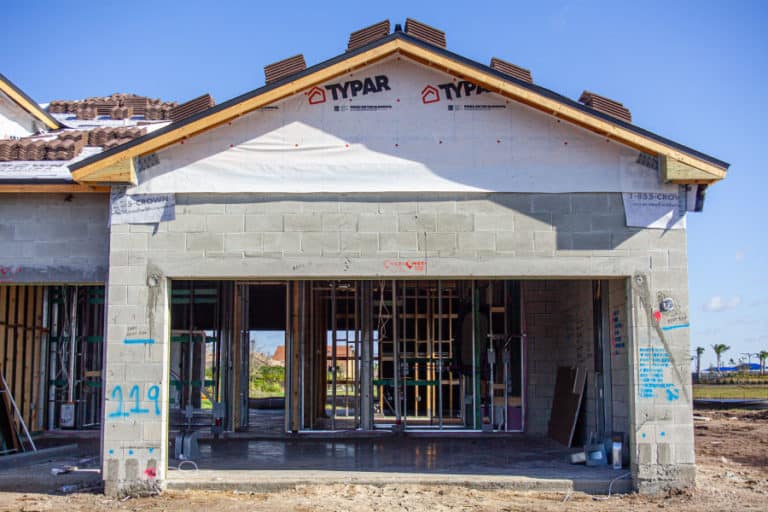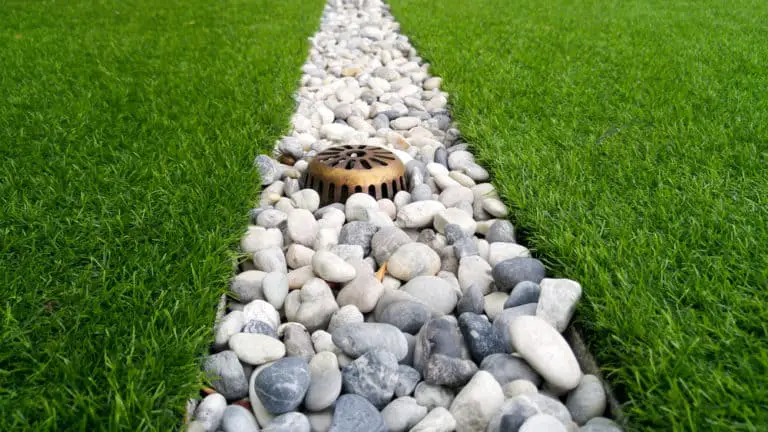Is Rebar Needed In A Concrete Driveway?
One of my friends recently started to renovate his home. He decided to redo his driveway with concrete, and he got a contractor to do it. The contractor used wire mesh for reinforcement, but the concrete started to crack after a week. Now I wonder: “Is rebar needed in a concrete driveway?”
You will need to use pieces of rebar in a concrete driveway if many heavy vehicles use the driveway. Driveways need to have some form of reinforcing because of the weight that it needs to carry, and the reinforcing your driveway requires will depend on how thick the concrete will be poured.
Research shows that professional builders always use some form of reinforcement to make the concrete strong and durable. Some driveways have to carry a lot of weight and require better reinforcement. This post will share what I found out about rebar in concrete driveways.
Is Rebar Needed For A Concrete Driveway?
There is nothing worse than having your concrete driveway redone and then noticing a few months later that the concrete is starting to deteriorate or begin to look like a miniature version of the great canyon from all the cracks in it.
You won’t need to use any rebar to construct a driveway if the driveway will only be used for light vehicles; in this case, wire mesh can be used to reinforce the concrete.
Experts in the construction industry have guidelines on when to use different types of reinforcing material when constructing concrete driveways. The reinforcing material that the professionals use depends on the thickness and the wideness of the concrete driveway being poured.
The guidelines that they use in the construction industry require that the professionals use various types of reinforcing that include wire, welded wire mesh, Carbon steel rebar, Galvanized rebar, Stainless steel rebar, and epoxy coated rebar.
We will explore the topic further in the next part of the post as we go deeper into the different concrete thicknesses that can have poured for your driveway.
Is Rebar Needed In All Thicknesses Of Concrete Driveway?
Rebar is not a requirement for all thicknesses of concrete construction. A driveway is an area that will be exposed to constant use and wear, and for this reason, you will have to reinforce the concrete in some way.
This part will explore the reinforcing material that you can use for different concrete thicknesses for a driveway.
Rebar Needs For Concrete Driveway Less Than 4 Inches Thick
Experts in the construction industry do not suggest that you pour concrete less than 4-inches thick for a driveway; therefore, you will not use any rebar.
Normally concrete will be less than 4 inches thick for projects like a footpath, and then you can use wire to reinforce the concrete. Wire works great in this application, and it is less expensive.
Rebar is needed for concrete areas where the concrete will be exposed to more weight and where the concrete areas are wider and thicker.
More structural integrity is required for thicker and wider areas of concrete work. If the reinforcing material is not adequate, it can cause the concrete work to deform, crack or even break away into big chunks.
Rebar Needs For Concrete Driveway 4 To 5 Inches Thick
The experts do not use rebar for a concrete driveway less than 5 inches thick. Expert driveway constructors use welded mesh to reinforce a less than 5 inches thick driveway.
The construction workers use welded mesh rather than rebar because it comes at a lower price than rebar. The normal wire would not be a good way of reinforcing the cement in this application because it is thin and will not be able to support the cement for its intended purpose.
Cement driveways between 4 and 5 inches thick are poured for normal residential use. A driveway that is poured for residential purposes can not handle the weight of heavy vehicles for extended times.
If you need a driveway for any other purpose other than residential purposes, the concrete will need to be poured thicker, and the reinforcing would have to be stronger than welded mesh. We will explore this type of concrete application in the next sub-heading.
Rebar Needs For Concrete Driveway 5 To 6 Inches Thick
If you need a concrete driveway that would be able to handle some heavy traffic or heavier vehicles, then you are going to require a driveway constructed from concrete. You need to reinforce the concrete with pieces of rebar thicker than welded mesh.
The concrete for this application must be poured 6 inches thick. Welded mesh is not the correct reinforcing material for this kind of construction project.
The experts suggest that you use rebar, which is 3/8 of an inch thick, if you pour a concrete driveway anything thicker than 5 inches. It is good practice to have some rebar in the middle of the concrete that you are pouring for the driveway.
The rebar also needs to run along the width of the concrete driveway but should end before it reaches the sides of the driveway.
Using pieces of rebar thicker than 3/8 of an inch can also be used to pour a concrete driveway of this nature, but the cost of rebar goes up the thicker the rebar becomes. You do not want to use pieces of rebar that are too thick; you will have less space for concrete which might be bad for the cohesion of the cement.
If you pour a concrete driveway thicker than 4 inches thick, you must reinforce it, increasing the drying time. We will have a section on the way to pouring the concrete driveway using rebar later in the post. The next part of the post will focus on the types of rebar that can be used for a concrete driveway.
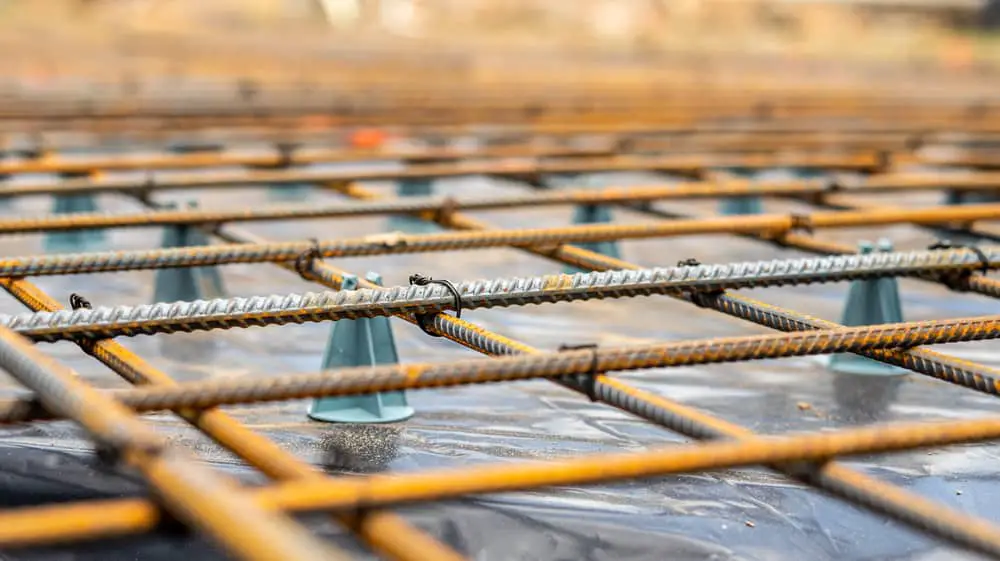
The Types Of Rebar For A Concrete Driveway
Reinforcing bar or rebar for short comes in various thicknesses and can be used in different applications. Rebar helps to strengthen the concrete on all sides.
We will discuss the types of rebar used to reinforce a concrete driveway in this part of the post. Each type of rebar will be under its own subheading to make it easier to follow.
Black Steel Rebar
Black steel rebar, or carbon steel rebar, is the most common rebar that experts use for concrete work. It is strong ridge-shaped rebar that bends relatively easily.
It is low-cost rebar that gives great support to a concrete driveway. Black steel rebar can rust but doesn’t rust inside the concrete.
When you use this type of rebar for a concrete driveway, you have to ensure that the reinforcing is not exposed to the elements through cracks in the concrete; otherwise, it may cause the rebar to corrode faster than it should. You can also use zinc-coated rebar in the construction of a driveway.
Zinc Coated Steel Rebar
Zinc coated steel rebar, or galvanized steel rebar as it is also known, is also used to reinforce concrete projects. Experts use this type of rebar mainly in constructing bridges and roads where salt can cause extra corrosion.
Zinc-coated steel rebar can also be used in constructing a driveway even though the cost is higher than pieces of carbon steel rebar.
Zinc-coated steel rebar does not corrode as easily as carbon steel rebar, so the extra cost is well worth it if you are situated in a coastal area and want to construct a driveway.
It is not hard to find the difference between carbon steel rebar and galvanized steel rebar based on the color difference. Carbon steel is black on the outside, and galvanized steel is grayish on the outside.
Stainless Steel Rebar
Stainless steel rebar is not used in construction work even though it doesn’t rust at all. Stainless steel rebar is mainly used for maritime projects and is silver outside.
This type of rebar is not used for the construction of a driveway because stainless steel is the most expensive type of rebar. Stainless steel is a strong type of rebar and a great choice for areas where things corrode fast.
Rebar Coated In Epoxy
The rebar coated in epoxy is colored green on the outside and is similar to galvanized rebar. However, the epoxy coating is not as durable as the zinc coating in galvanized rebar.
Experts in the construction industry do not use this type of rebar when constructing a driveway because epoxy-coated rebar is banned in many countries.
Rebar that is coated in epoxy is also reviewed in many other countries that have not banned it. The epoxy coating of this type of rebar comes off when the rebar is handled roughly, leading to the rebar rusting earlier than it is supposed to; you should try and avoid this type of rebar even if you get it on sale.
Guidance To Use And Position Rebar In A Concrete Driveway
The rebar you can use in constructing a driveway is either Black steel rebar or Galvanized steel rebar. The most common thickness of rebar used to reinforce a driveway is a number 3 rebar, also known as 3/8 of an inch.
The thickness of the rebar can also increase when you need to pour the concrete thicker than 6 inches. It will add to the overall cost of the rebar you will use in the project.
Step 1
The first part of pouring concrete for a driveway is getting the planning done. Properly plan the driveway’s layout and the timber that you will use to cast the driveway.
Sometimes the ground is excavated and compacted, and sometimes it is cast with timber frames. You can now pour the concrete to about 2 ½ inches or just under half the thickness.
Step 2
When you have covered the length of the driveway, the cement should be dry enough to start placing the rebar down onto the cement.
It’s vital not to place the rebar too early because it can sink into the wet cement because of the weight of the steel. If the rebar bends or warps too much, it can lead to the cement cracking prematurely.
Step 3
You need to ensure that you place the rebar as close to the driveway’s edge as possible in a horizontal and vertical position. If this is done correctly, it will create blocks inside the driveway.
When the entire driveway is covered with rebar, then you can start pouring concrete again to the 6-inch mark.
Step4
The last step is to allow the concrete to dry up and level your newly constructed driveway. A long straight edge or a straight piece of timber can be used to level the concrete.
You have to ensure that children and pets are kept out of this area until the concrete is completely dried up. It is suggested to leave the driveway for at least five days to cure completely.
You can also dampen the concrete lightly on day 2 to help prevent cracks from appearing in the concrete driveway. Do not attempt to use the driveway too early; otherwise, you will ruin all your work and have to start all over again. You also need to remember that the thickness of the concrete impacts how much weight your new driveway can handle.
Conclusion
Rebar is not needed for a light-duty driveway, although expert builders suggest that you still use at least welded mesh for reinforcing purposes. Rebar is needed to reinforce a concrete driveway if the thickness of the driveway is going to exceed 4 inches in thickness. The most suitable rebar for a concrete driveway is the number 3 rebar( 3/8 of an inch in diameter).
There are different types of rebar used to construct a driveway, and experts suggest that you use the carbon steel rebar or galvanized steel rebar. You can also use the guide to help you in rebar placement. I hope that the information will help you make the most appropriate decision when choosing the rebar for your concrete driveway.

